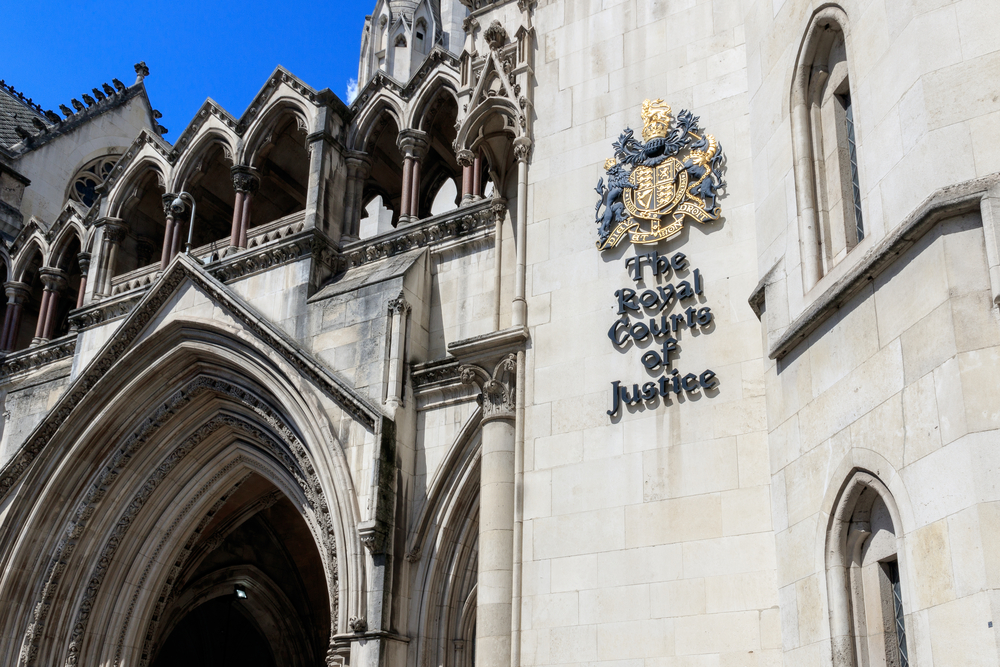


A deputy is criticising the Committee for Home Affairs for “kicking into the long grass” changes to the law which he claims would help successfully prosecute sexual and financial crimes.
The Committee says it wants to consider the changes to the law but cannot do so at present because it is focusing on issues of higher priority.
Deputy Gavin St Pier, pictured top, wants the Committee to review whether ‘adverse inference cautions’ should be introduced in the Bailiwick.
The concept of adverse inferences allows the court to draw unfavourable conclusions when a suspect under caution chooses to remain silent when questioned or fails to mention evidence which he later puts forward as relevant. The concept has existed in English law since 1994.
Deputy St Pier first asked the Committee about introducing adverse inference cautions in May last year. At that time, the Committee said it was “seeking advice as to whether work on the adverse inferences caution could be reasonably progressed as a discrete piece of work…should resources allow”.
Deputy St Pier asked again recently in written questions. The Committee replied yesterday saying that adverse inference cautions “form part of the Committee’s considerations” but that because of the States’ “need to focus resources on priority areas…we are unable to progress this work at this time”.

Pictured: The President of the Committee for Home Affairs, Deputy Rob Prow, has assured Deputy Gavin St Pier that the Committee will consider whether adverse inferences should be introduced in the Bailiwick but says the work cannot be prioritised at the present time.
Deputy St Pier said he was unhappy with the Committee’s reply.
“I am disappointed by the response from the Committee for Home Affairs, which firmly kicks any review well into the long grass. Action this day it certainly is not,” said Deputy St Pier.
“Adverse inference cautions will be familiar to many people watching TV and films – ‘you have the right to remain silent but anything you do say’ and so on.
“They have been used in England and Wales for nearly 30 years since 1994 and are used in other jurisdictions in the British Isles.
“Experience shows they can have a particular role to play in the successful prosecution of sexual offences and financial crime.”

Pictured: Adverse inferences can play a role in successfully prosecuting financial as well as sexual crimes.
The Committee recently published a policy letter proposing a justice framework for the period 2022-29, which it hopes the States will debate and approve next month. The Committee said yesterday that this would lead to a review of the Police Powers and Criminal Evidence Law [PPACE], which could include consideration of the concept of adverse inferences.
The President of the Committee, Deputy Rob Prow, said: “The Committee recognises that there is rarely such thing as a quick legislative fix and has already emphasised that, in considering a change to PPACE, it will be essential to seek the views of the judiciary, Law Officers, the Guernsey Bar and victims. Work will [also] need to be supported by subject matter experts, policy leads and drafting from the Law Officers’ chambers.
“As government, we are collectively aware of the need to focus resources on priority areas – for this reason, we are unable to progress this work at this time. However, the Committee provides assurance that consideration of the introduction of adverse inference cautions, which will include consultation with interested parties, forms part of the Committee’s considerations.”

Pictured: Courts in England Wales have been able to take into account the concept of adverse inferences since 1994.
The Crown Prosecution Service, which leads prosecutions in England and Wales, describes adverse inferences as follows:
“Section 34 of the Criminal Justice and Public Order Act 1994 allows an inference to be drawn if a suspect is silent when questioned under caution prior to charge and subsequently relies upon a relevant fact at court, which he or she could reasonably have been expected to mention when questioned.
“Just because a suspect declines to answer questions does not automatically mean that an adverse inference can be drawn. It is only when he or she later seeks to put forward an account or explanation that the adverse inference provision is triggered.”
Deputy St Pier said yesterday that he does not necessarily want to see the practice in England mirrored in Guernsey but wants the Committee to speed up its consideration of whether the concept of adverse inferences should be introduced locally.
Seven-year Justice Framework submitted for approval
"Long overdue" sexual assault centre could be open next year
Deputy St Pier: "The message is clear - lawful sex requires consent"
Comments
Comments on this story express the views of the commentator only, not Bailiwick Publishing. We are unable to guarantee the accuracy of any of those comments.